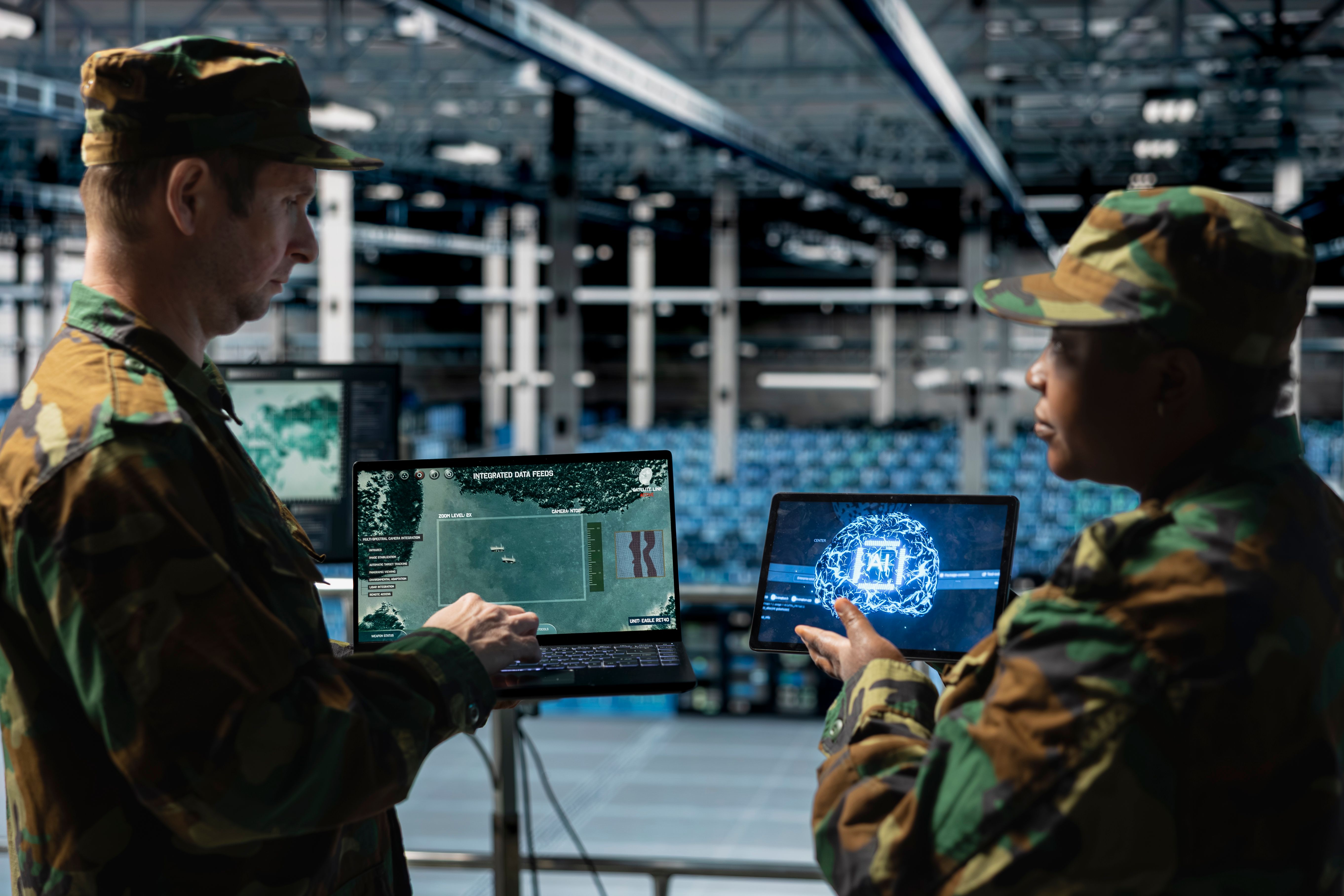The Future of Machine Learning in Military Applications
Introduction to Machine Learning in the Military
Machine learning has become a pivotal technology across various sectors, with the military being no exception. As the complexity of global security challenges increases, the potential for machine learning to enhance military capabilities is significant. This technology promises to revolutionize how armed forces operate, from data analysis to strategic decision-making.
The integration of machine learning in military applications is not just about automating existing processes but also about creating new capabilities that were previously unimaginable. By leveraging large data sets and advanced algorithms, militaries can gain insights that are both deep and actionable.

Enhancing Decision-Making and Strategy
One of the most promising applications of machine learning in the military is its potential to enhance decision-making processes. By analyzing vast amounts of data, machine learning algorithms can provide military leaders with critical insights into enemy movements, resource allocation, and potential threats. This capability allows for more informed and timely decisions, which can be crucial in high-stakes scenarios.
Moreover, machine learning can assist in developing predictive models that forecast potential outcomes of different strategies. These predictive capabilities are invaluable, allowing military strategists to anticipate moves and counter-moves before they happen.

Autonomous Systems and Robotics
The development of autonomous systems and robotics is another area where machine learning is making significant strides. Unmanned aerial vehicles (UAVs), autonomous ground vehicles, and robotic submarines are just a few examples of how machine learning is enabling the creation of smarter, more efficient machines. These systems can perform tasks such as reconnaissance, surveillance, and even combat operations with minimal human intervention.
By leveraging machine learning algorithms, these autonomous systems can learn from their environments and adapt their actions accordingly. This adaptability enhances their effectiveness and ensures that they can operate in dynamic, unpredictable conditions.

Cybersecurity and Defense
In today's digital battlefield, cybersecurity is of paramount importance. Machine learning plays a critical role in enhancing cybersecurity measures within the military. By continuously analyzing network traffic and identifying patterns that may indicate a cyber attack, machine learning algorithms can help detect and mitigate threats more swiftly than traditional methods.
Furthermore, machine learning can aid in developing more robust encryption methods and security protocols, ensuring that sensitive military data remains protected from adversaries.
Challenges and Ethical Considerations
While the future of machine learning in military applications is promising, it also raises several challenges and ethical considerations. The potential for autonomous systems to make life-and-death decisions without human oversight is a significant concern. Ensuring that these systems operate within ethical boundaries is crucial.
Furthermore, the reliance on data for machine learning models means that data security and integrity are vital. Any compromise could lead to disastrous outcomes on the battlefield.

The Road Ahead
As nations continue to invest in machine learning technologies for military applications, collaboration between governments, academia, and industry becomes increasingly important. By working together, these entities can address the challenges associated with integrating machine learning into military operations while maximizing its potential benefits.
The future of warfare will undoubtedly be shaped by advancements in machine learning. As this technology evolves, so too will the strategies and capabilities of armed forces worldwide.